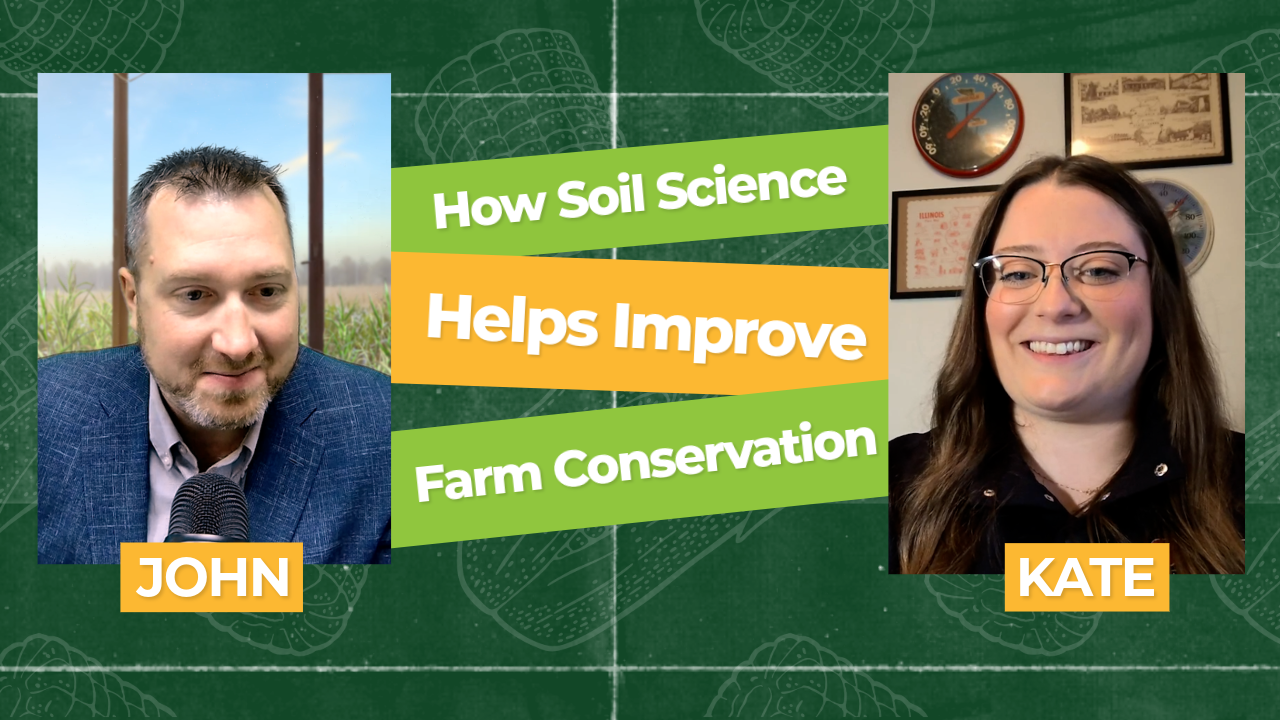Separating Science from Scare Tactics: A Look at GMOs
Debunking GMO Myths
Myth 1: GM foods are dangerous
Fact 1: Over 3,000 scientific studies, including reviews from the World Health Organization (WHO) and the U.S. Food and Drug Administration (FDA), have found GMOs to be safe for human consumption. In fact, GMOs are some of the most studied food products in history.
Myth 2: GM foods cause food allergies, cancers, and other illnesses
Fact 2: There is no evidence that GM foods cause new allergies, cancers, or illnesses. The National Academies of Science, Engineering, and Medicine concluded that GMO crops are nutritionally and compositionally equivalent to their non-GMO counterparts.
It’s also important to note that food allergies are typically triggered by proteins in specific foods—like peanuts, shellfish, or milk. GMOs do not introduce new allergenic proteins; they maintain the same protein structure as their non-GMO versions.
Myth 3: GMOs are bad for the environment
Fact 3: GMOs can actually benefit the environment. Over the past 20 years, GMO technology has helped:
- Reduce pesticide use by more than 8%
- Decrease fuel usage by minimizing tractor passes and tillage
- Lower greenhouse gas emissions by reducing fossil fuel consumption
- Preserve soil health and water resources
These environmental gains are possible thanks to precision farming practices that GMO crops make more efficient.
GMOs are more than just a scientific advancement; they’re a crucial tool in creating a more sustainable and secure food system. With decades of research supporting their safety and benefits, GMOs continue to help farmers feed more people with fewer resources.
If you’d like to learn more, visit sources like the FDA, EPA, and National Academies of Sciences for the latest information.







